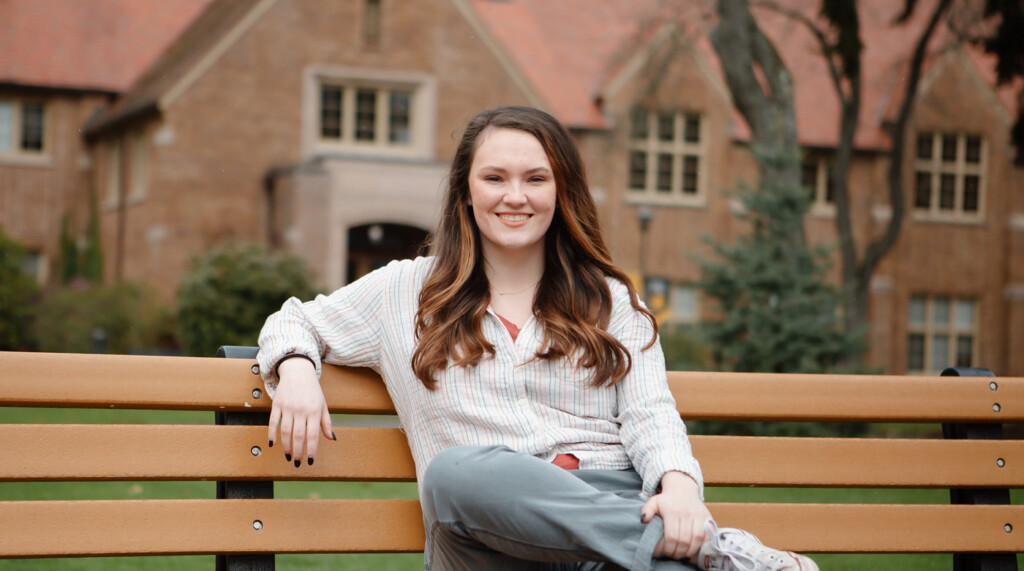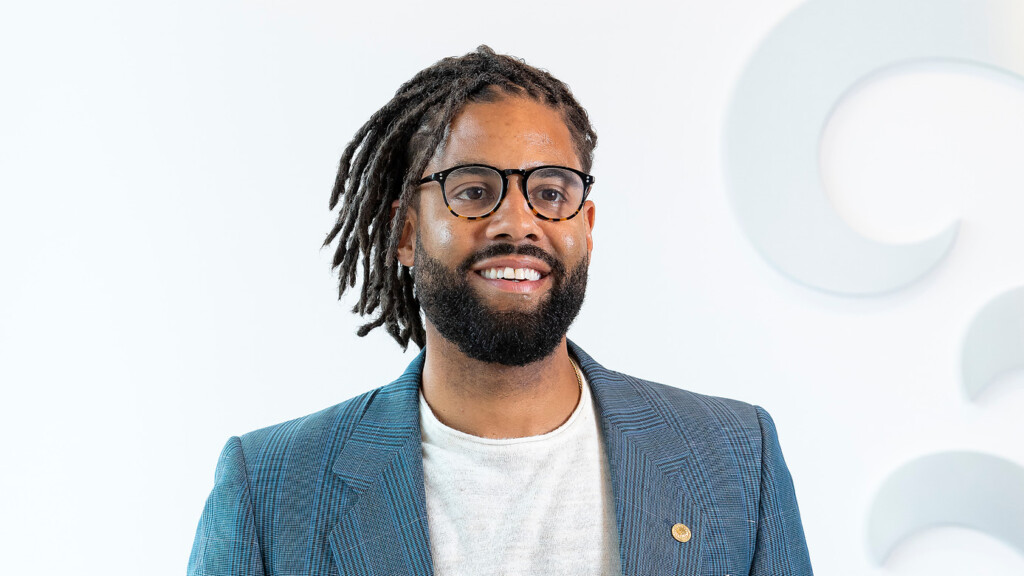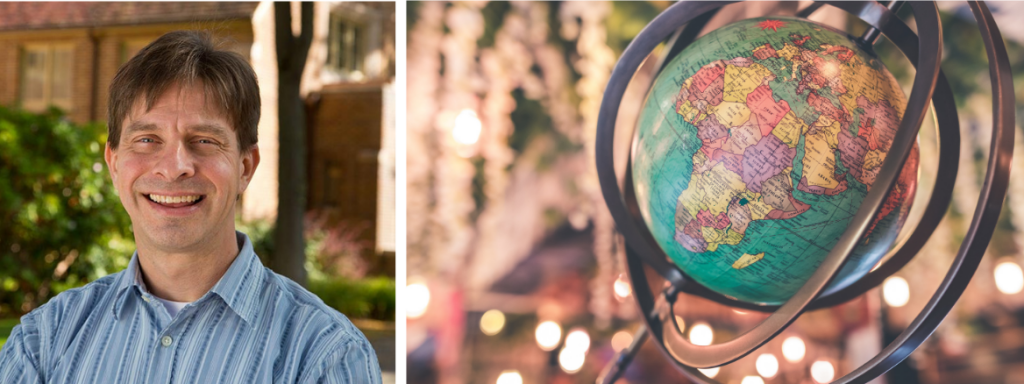Page 24 • (331 results in 0.049 seconds)
-

style. Here’s what a few of the jazz students had to say about the classes: I appreciated that the focus with each clinic wasn’t on the clinician’s instrument itself as well as the conversational aspect. The talk about theory, philosophy, and getting jobs was unique and very helpful. Nathaniel Lackey, ’21 Economics I believe every single jazz clinician invited us to reach out to them and keep in contact, send them recordings, compositions, etc… That was very cool. Joshua Green, ’22 Music Education
-

, either in law or with a business focus. “It’s taking what you learn in the classroom and pitting it against real life,” Cooper said. “You have to want to be here though. What you learn you can’t put a price on.” For the PLU students they felt they had a strong grasp of political theory and even the practice of public policy, but how that applies to real life was new to them. Decisions about what is important, what is the priority and how to pay for it, certainly changed some of their perspectives
-

Vienna Philharmonic in the Musikverein. I think the music that I heard tonight was the best I will ever hear live, ever. The Vienna Philharmonic performing in the Musikverein. They performed Beethoven’s 7th Symphony, Stravinsky’s Firebird Suite and Ravel’s Bolero. As soon as the they started playing, I had goosebumps…MORE Traditional Chinese Medicine: Theory, Practice & Policy PLU students meet with the U.S. Ambassador to China (and former Washington State governor) Gary Locke. Monday, Jan. 28, 2013
-

the culmination of a series of creative expression workshops co-taught by Collis and PLU Professor Jennifer Smith. The group of 10 students in the International Honors program visited WCCW four times over several weeks. The class, “IHON 253: Gender, Sexuality and Culture,” will be offered again in the spring. “This class provides opportunities for students to explore identity in complex ways that are connected to their everyday lives,” Smith said. “We theorize out of experience and apply theory
-

graduated with a double major in sociology and communication (with a concentration on film and media studies). Their capstone focused on exclusionary rhetoric of indigenous peoples. Study communication at PLUThe game is changing. Modes of communication are rapidly evolving and emerging. A solid foundation of communication theory is crucial to adapt to constantly changing media. Developing marketable skills and knowledge domains are necessary to be a professional communicator.A Year of Growth The past
-

at whatever I do.” Dolan said his PLU classroom experiences have helped him in his internship, too. “Many of the basic concepts that we learn in our undergraduate economics classes are used in the work that we do at Analysis Group. In many ways, my experience at AG has bridged the gap between theory and practice; we consistently apply economic concepts to real-world problems,” Dolan said. His philosophy courses also have come into play. “All the reading and writing that I’ve done in my
-

there.What did you enjoy about collaborating and researching with Professors [Peter] Grosvenor and Hames? I really appreciate the international relations theory aspect that Dr. Grosvenor was able to provide, as he has been to Palestine. I was able to get feedback and more nuance from him. I don’t shy away from peer reviews, because they just make the paper stronger, having multiple sets of eyeballs on it. Dr. Hames assisted me in tailoring some of the writing, because this paper is what I used when
-

. “Oregon had a top-notch interdisciplinary philosophy program where I could study consciousness theory from a philosophy foundation.” His PLU mentors — Shore, Dana Anderson, and John Moritsugu — continued to help guide Bell and point to opportunities, like those he found at the University of Oregon. His time at Oregon was “one of the more selfish times of my life where I could just ask these questions that intrigued me so deeply, and really self-search and discover,” he said. Bell planned to try to
-

may utilize the CREP for meta-analyses and their own research interests. As Dr. Grahe explains, “The advantages relate to both pedagogy and theory in psychology.” Dr. Jordan Wagge, who recently assumed the role of Executive Director of the CREP, described Dr. Grahe’s role in the open science movement as an advocate and educator. “He’s been a tremendous force behind open science and crowdsourcing. He is also a significant actor in getting journals to adopt badges for open science practices and many
-
stimulated more than defined further work in this field. A number of recently founded journals now specialize in addressing issues raised by the interpenetration of history and narrative, including New Literary History, Representations, Clio, and History and Theory. A “narrativist philosophy of history” (the phrase is F. B. Ankersmit’s) has thus constituted itself in the last quarter-century as a new school of interpretation in the field of philosophy of history. The situation has reached a point at
Do you have any feedback for us? If so, feel free to use our Feedback Form.


